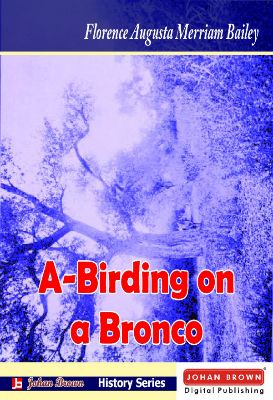Lincoln
Showing 1–30 of 97 results
Abe Lincoln’s Yarns and Stories: A Complete Collection of the Funny and Witty Anecdotes That Made Lincoln Famous as America’s Greatest Story Teller
This work has been selected by scholars as being culturally important and is part of the knowledge base of civilization as we know it.This work is in the public domain in the United States of America, and possibly other nations. Within the United States, you may freely copy and distribute this work, as no entity (individual or corporate) has a copyright on the body of the work.Scholars believe, and we concur, that this work is important enough to be preserved, reproduced, and made generally available to the public. To ensure a quality reading experience, this work has been proofread and republished using a format that seamlessly blends the original graphical elements with text in an easy-to-read typeface.We appreciate your support of the preservation process, and thank you for being an important part of keeping this knowledge alive and relevant.
Abraham Lincoln | the Pink Classics
When Lincoln took office as President of the United States, the nation was fraught with problems, not the least of which was slavery and the danger of secession. This biography relates how Lincoln dealt with the problems with thought and wisdom. James Russell Lowell (February 22, 1819 ? August 12, 1891) was an American Romantic poet, critic, editor, and diplomat. He is associated with the Fireside Poets, a group of New England writers who were among the first American poets that rivaled the popularity of British poets. These writers usually used conventional forms and meters in their poetry, making them suitable for families entertaining at their fireside. Lowell graduated from Harvard College in 1838, despite his reputation as a troublemaker, and went on to earn a law degree from Harvard Law School. He published his first collection of poetry in 1841 and married Maria White in 1844. The couple had several children, though only one survived past childhood. They soon became involved in the movement to abolish slavery, with Lowell using poetry to express his anti-slavery views and taking a job in Philadelphia, Pennsylvania, as the editor of an abolitionist newspaper. After moving back to Cambridge, Lowell was one of the founders of a journal called The Pioneer, which lasted only three issues. He gained notoriety in 1848 with the publication of A Fable for Critics, a book-length poem satirizing contemporary critics and poets. The same year, he published The Biglow Papers, which increased his fame. He went on to publish several other poetry collections and essay collections throughout his literary career.
Abraham Lincoln and the Union; A Chronicle of the Embattled North
This work has been selected by scholars as being culturally important, and is part of the knowledge base of civilization as we know it. This work was reproduced from the original artifact, and remains as true to the original work as possible. Therefore, you will see the original copyright references, library stamps (as most of these works have been housed in our most important libraries around the world), and other notations in the work.This work is in the public domain in the United States of America, and possibly other nations. Within the United States, you may freely copy and distribute this work, as no entity (individual or corporate) has a copyright on the body of the work.As a reproduction of a historical artifact, this work may contain missing or blurred pages, poor pictures, errant marks, etc. Scholars believe, and we concur, that this work is important enough to be preserved, reproduced, and made generally available to the public. We appreciate your support of the preservation process, and thank you for being an important part of keeping this knowledge alive and relevant.
Abraham Lincoln the Practical Mystic
A knowledge of the influences which ruled the life of Lincoln, the greatest of practical mystics, is essential now that a new form of paganism and slavery threatens humanity. In Lincoln's time the black slaves of America had to be freed; in our time the white slaves of Europe have to be freed. We have returned to the conquest. History is being repeated, but on a far vaster scale. The whole world is groaning under the threats and deeds of tyranny that seeks to become absolute. What Abraham Lincoln stood for in the middle of the nineteenth century the English-speaking peoples must stand for at the beginning of the twentieth. Materialism produced Prussian autocracy. A spiritual power brought America safely through the ordeals of the Civil War. But the material and the spiritual cannot both rule at the same time. One must yield authority to the other. And we cannot succeed by denying the very thing which caused Lincoln to triumph over all enemies and obstacles...



